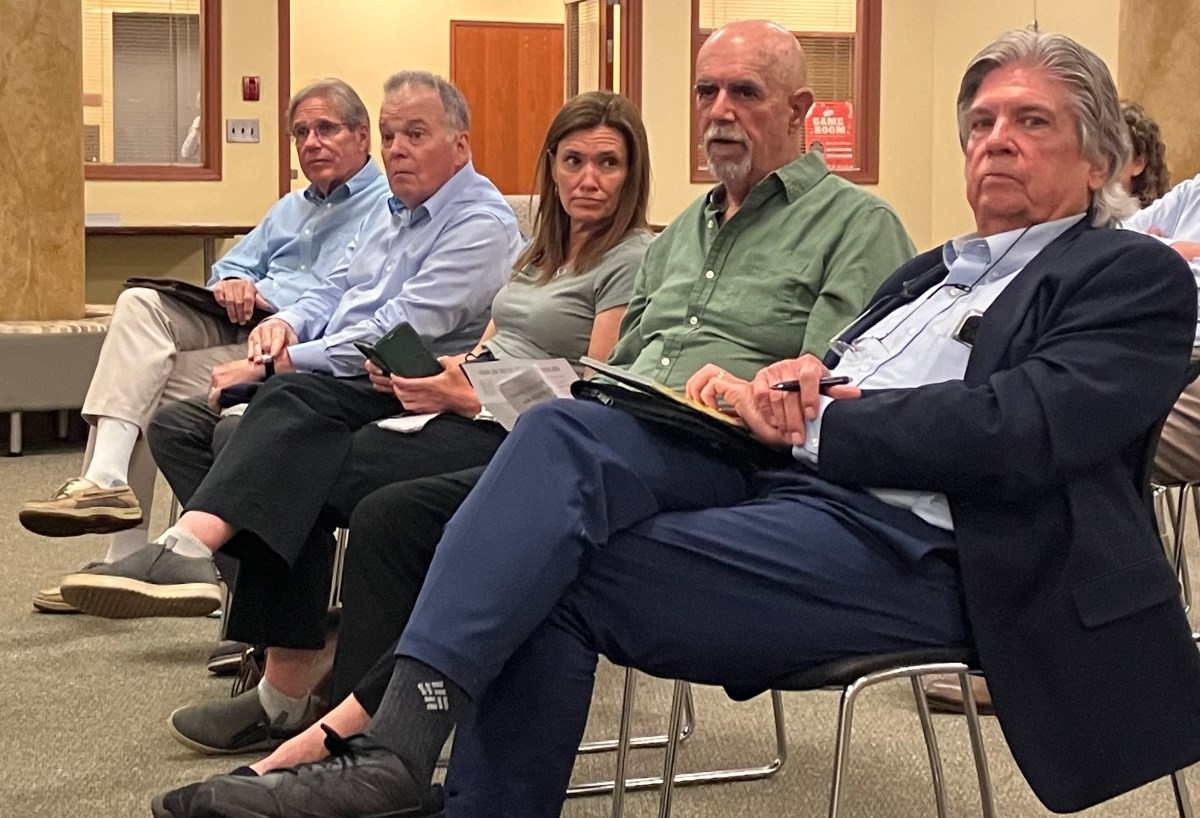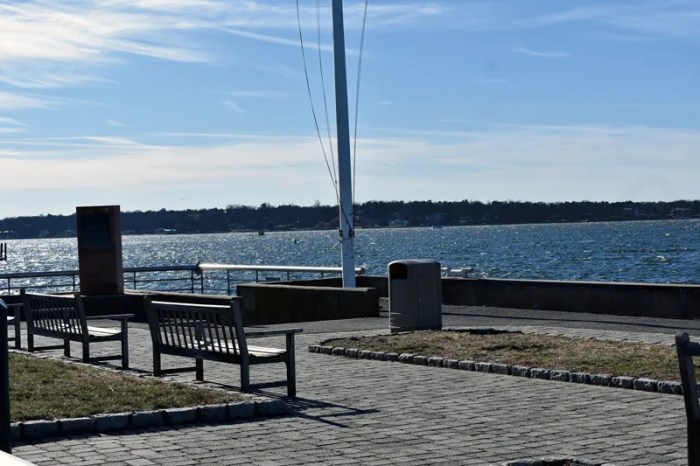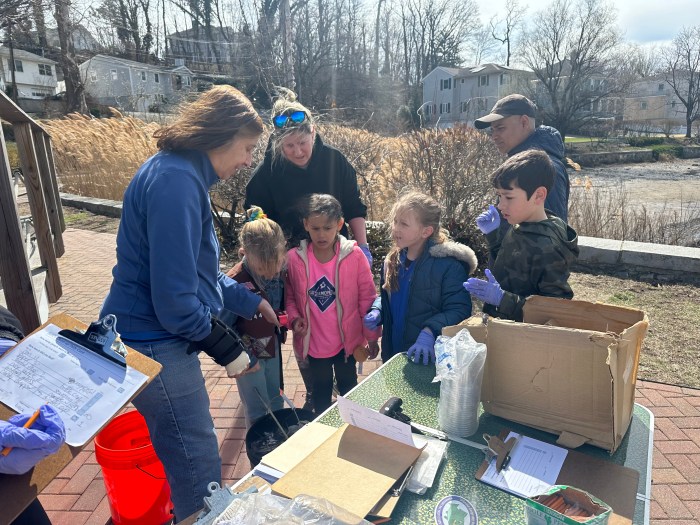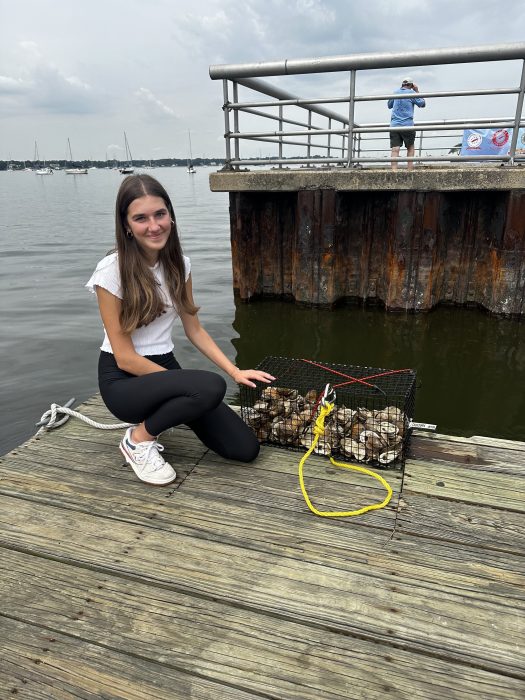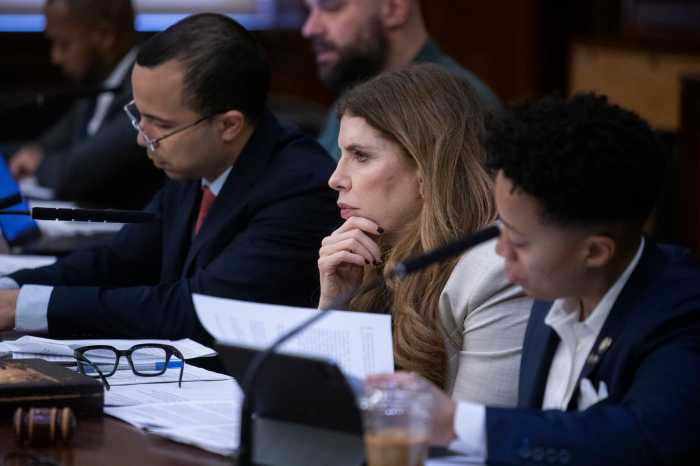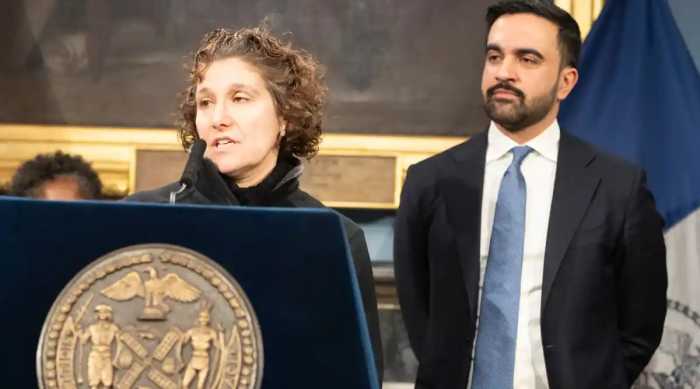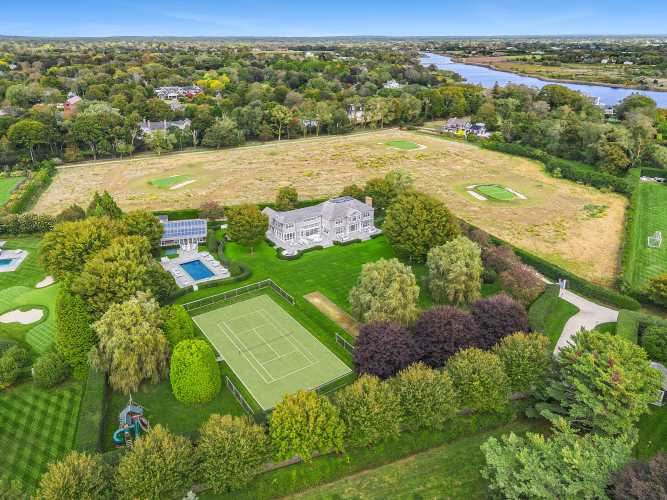The Manhasset Bay is one step closer to getting its first updated water quality improvement plan since 1999.
The Manhasset Bay Protection Committee, an organization focused on addressing water quality and coastline issues in Manhasset Bay, held its first meeting last Wednesday to learn what nearby residents think they need to do to improve the bay’s health.
“The last water quality improvement plan for Manhasset Bay was done in 1999, so there have been a lot of changes since then. We know more about climate change. There have been new regulations,” said Sarah Deonarine, the executive director of the Manhasset Bay Protection Committee.
Deonarine said that the plan will primarily focus on reducing plastic waste, dissolved nitrogen and fecal coliform bacteria, like E. coli, which is primarily present due to overflow from sewage treatment plants when it rains. One goal, she added, was for the bay to be healthy enough for shellfish fishing.
The protection committee and Nelson Pope Voorhis, an environmental planning and land use firm they hired, have produced the first two pieces of the water quality improvement plan, the watershed characterization report and regulatory review.
These pieces of the plan, presented by representatives from the firm at the beginning of the meeting, detail current conditions of the bay and surrounding land use, allowing the team to identify where issues may originate and have guidance on how to move forward.
The team is now working on the third piece, project recommendations to improve the bay’s water quality, for which they are seeking public input. Lucky for them, more than a dozen members of the public attended the meeting, and they had a lot to say.
A few residents, including Chuck Idol of Long Island Builders, which tests water in Manhasset Bay, and Elizabeth Andreozci, who lives up against the coast, advocated for the implementation of trash nets on the ends of stormwater drainage pipes to catch plastic that gets swept down the drain and deposited on the coast and into the bay.
“It’s gross,” said Andreozci, who added that she’s had some days where she’s picked up 17 pounds of plastic from the beach area behind her house. “I would be thrilled if trash nets were added.”
She said she’s considered installing them herself, but because they require machinery to change, the municipality must implement and manage them.
Idol also discussed the potential for adding microfilters to the ends of drainage pipes, which would help filter out nitrates and other chemicals before they are deposited into the bay.
A major point of concern raised by at least five residents was the health danger the bay’s unclean water posed to children who swim in it, despite the fact that Nassau County has technically designated the beaches off the coast closed.
Idol said that when the county designates a beach as closed, they stop testing the water for E. coli. This leaves residents uninformed of the danger they are putting themselves in when they choose to swim.
One resident in the audience, Margaret Galbraith, said that some children’s camps even encourage kids to swim in the bay water, despite her warnings to them that it is unsafe, because they don’t see any warnings posted, a result of the water not being tested.
All who spoke expressed a need for urgency, saying they wanted action to be taken on these projects as quickly as possible.
Unfortunately, the process is relatively extensive and is already operating on a delayed timeline due to COVID-19, Deonarine said.
She said she encourages residents to email baycomments@gmail.com with problem areas in the bay or recommendations for inclusion in the improvement plan.
Outside of the recommendations received Wednesday night, Deonarine said a handful of others had already been received from the public. Beyond these, the groups are looking at projects that were never accomplished or could be improved upon from the 1999 report.
Some projects that were accomplished from that report include restoring Sheets Creek and Mill Pond in Port Washington and treating stormwater.
There will be another public meeting held in the fall, where a drafted set of recommendations for the water quality improvement plan will be presented for public comment, with the option for additional ideas to be added, Deonarine said.
After that meeting, the Manhasset Bay Protection Committee will seek grants, state and federal funding to carry out the recommended projects and work to finalize the plan by the beginning of 2027. Completion of the projects is projected to take years.




